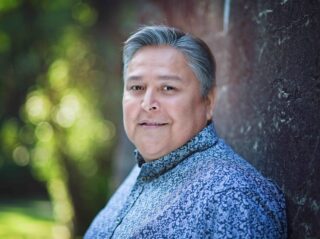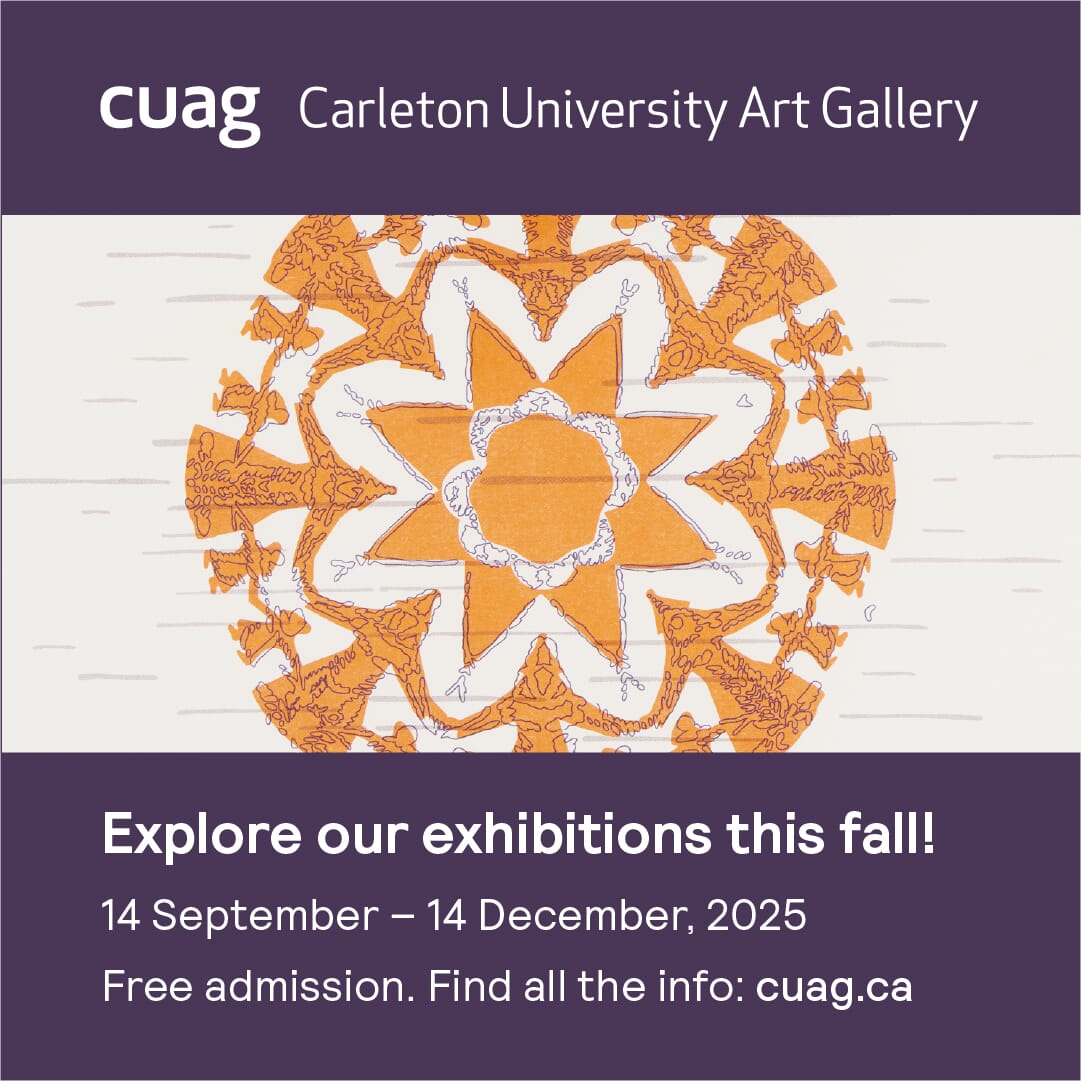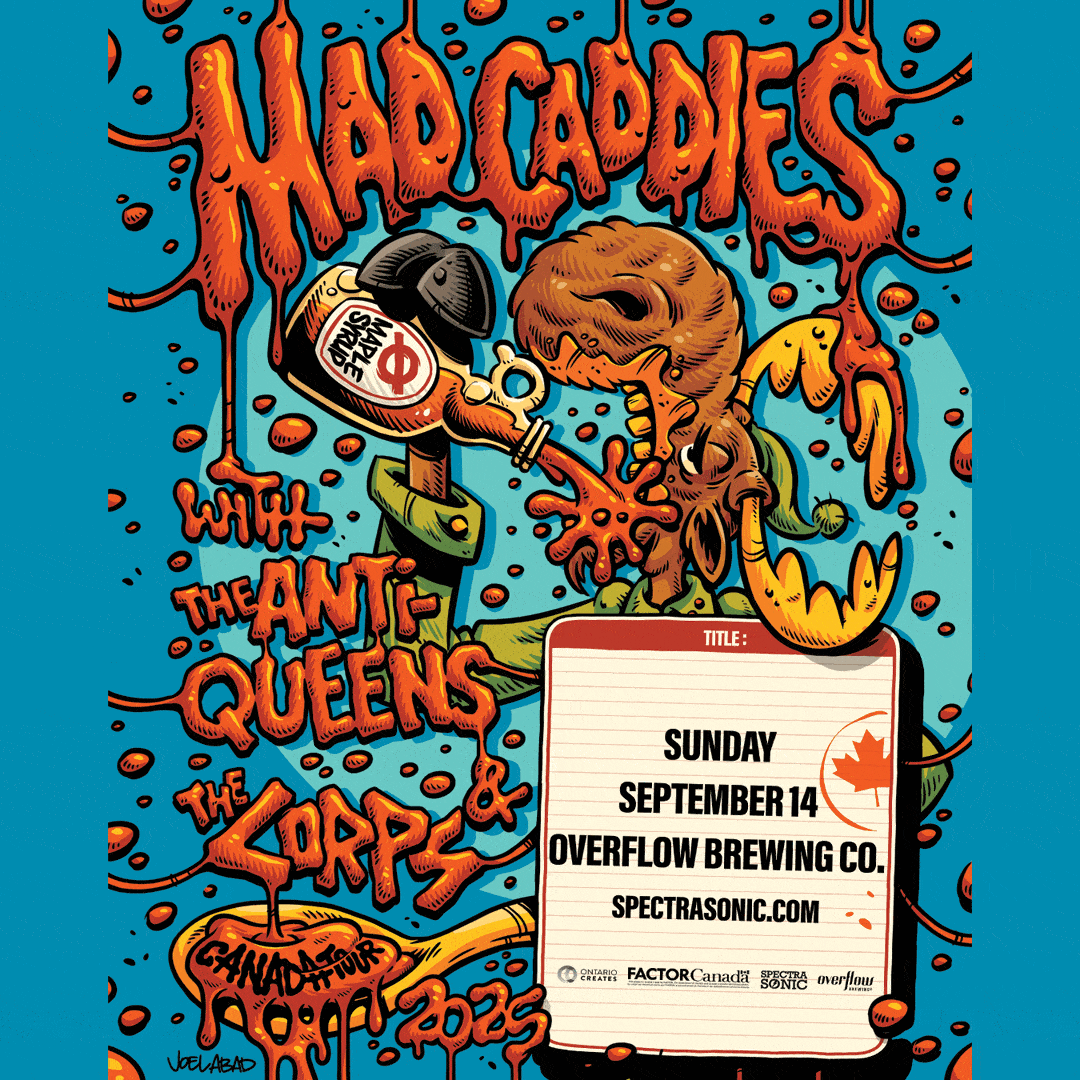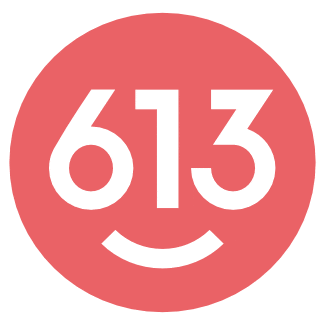Bob Joseph will close the Ottawa International Writers Festival on Sunday, Oct. 29 at 8pm with a talk on 21 Things We Need to Do After the Indian Act. Joseph is an author and corporate trainer well-known for his bestselling 2018 book, 21 Things You May Not Know About the Indian Act.
He grew up in Campbell River, B.C., and is a member of the Gwawaenuk Nation. Joseph has a chief’s name and seat in the Gayaxala clan and awaits the opportunity to do an inaugural potlatch to complete the requirements to become a hereditary chief. He assists individuals and organizations in building Indigenous relations, and has also worked as an associate professor at Royal Roads University and lectured at other academic institutions.

Bob Joseph. Photo provided.
The Indian Act has shaped, controlled and constrained the lives and opportunities of Indigenous Peoples since its creation in 1876 and is at the root of many enduring stereotypes. Learning about the Indian Act’s cruel, enduring legacy is essential for this country to move toward true reconciliation. At the festival, Joseph will speak about how Indigenous Peoples can step out from under the Indian Act and return to self-government, self-determination and self-reliance. He will also explain why doing so would result in a better Canada.
Speaking from his office in Saanichton, B.C., Joseph said the most important thing for people to know about the Indian Act is that it is an historical document designed to assimilate Indigenous Peoples into the political and economic mainstream. It also made the important distinction between status and non-status Indians, leaving many Indigenous People ineligible. While the forced cultural assimilation process has been abandoned, the Act is still there.
“I try to tell people who are interested in learning about the Indian Act that it’s like a fish net that has broken away from the mothership,” said Joseph. “Nobody is in control of the net, but it’s still doing what it was designed to do.”
Joseph wants people to see that it is possible for Indigenous Peoples to achieve a return to self-government, self-determination and self-reliance, and that some groups have done just that. He pointed to the Nisga’a Final Agreement negotiated between Canada, B.C. and the Nisga’a Nation, which effectively replaced the Indian Act with those “three selves”.
“They decided how they would govern their people and it was in line with traditional values and modern values,” Joseph said. “They decide who their members are. We tend to hear about things that aren’t working, but the Nisga’a agreement has been around since the early 2000s and it has done what a lot of communities would envy, really, to break away from the Indian Act.”
The Indian Act could be replaced with negotiated agreements or one big agreement like a treaty, noted Joseph. However, the one-size-fits-all approach would not work for everyone, such as groups that already have a separate agreement in place. With regard to a treaty approach, Joseph says we’re not pastry chefs, we’re more like dim sum chefs: “We’ve got a whole bunch of different menu options that each community can choose from depending on which works best for them.”
Joseph said there are other incremental things being put in place, such as the Westbank First Nation Self-Government Agreement, which took effect in 2003 in B.C.
“There have also been modern urban treaties like the Tsawwassen First Nation treaty, where they were able to make some great changes. Lots of First Nations are working on land codes, which are fundamentally changing the Indian Act. And they are also working on taxation for First Nation finance authorities.”
He’s witnessed other ways of moving beyond the Indian Act. The chief at a potlatch he attended recently named several individuals with traditional names because they felt it was important that all the people in their communities and family groupings be recognized.
“There are things that can happen that don’t require broad political activity, and that is the self-determination piece,” Joseph said. “In terms of the self-reliance, we are a big fan of getting involved in the economy, buying businesses and doing those kinds of things.”
Joseph said one obstacle to Indigenous Peoples achieving the three selves is the Indian Act itself.
“Section 9124 of the British North America Act gave the federal government control over Indian lands and lands reserved for Indians, with the assumption that Indians would eventually be assimilated. And so Canada took a fiduciary duty, which is a legal obligation to look after Indians, and lands reserved for Indians until they assimilated. Back in 1867, nobody could imagine they wouldn’t have assimilated, that there would still be bands living on reserves with status Indians… A fiduciary duty is actually a pretty big obstacle.”
He said some bands are uncomfortable with the idea of what would happen without the Indian Act. But Joseph said he believes the Act has created many restrictions and is still responsible for removing people from their lists and using per capita funding for healthcare, housing, and education, which limits accessibility.
Joseph says there are several benefits to Indigenous Peoples achieving a return to self-government, self-determination and self-reliance: “It would meet our reconciliation objectives and it would meet the UN Declaration on the Rights of Indigenous Peoples’ objectives. Those two documents are the basis for reconciliation in Canada.” He said it would also help us move further towards our section 35 objectives of the Constitution Act, which deals with Aboriginal and Treaty rights.
Joseph recommends people who are interested in supporting Canada’s journey to true reconciliation should read the Truth & Reconciliation Commission’s 94 Calls to Action, and become familiar with the UN Declaration on the Rights of Indigenous Peoples, as well as legislation the federal government has passed in support of it.
“I think we’ve got a lot of motivation in the country,” he said, “so we are on a pretty good path here in terms of our work.”
Bob Joseph’s talk, 21 Things We Need to Do After the Indian Act, takes place on the last day of the Ottawa International Writers Festival, Sunday, Oct. 29 at 8pm. Writers Fest’s website for more info.







.gif)
